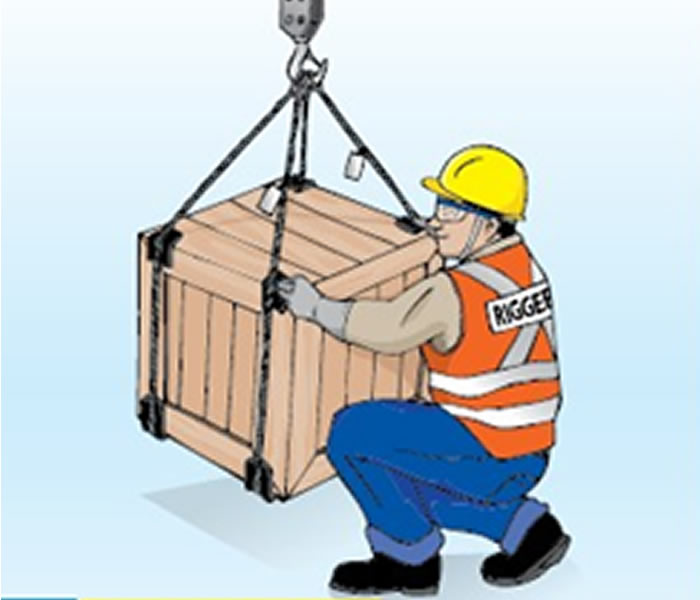
About Course
INTRODUCTION
- This course outlines an introductory awareness into Rigger / Banksman Safety,
- Which includes but not limited to: the definition of a Rigger / Banksman,
- Duties and Responsibilities,
- The Hazard associated with their operations.
OBJECTIVE
At the end of this Banksman Safety course, delegates should be able to:
Demonstrate knowledge of the basic requirements of legislation, their legal obligations and responsibilities.
- Demonstrate knowledge of sling configurations, and safety precaution
- Knowledge on load weight estimation.
- Select appropriate lifting equipment for each lift
- Carryout pre-use inspection of lifting equipment
- Use appropriate hand signals
- Carryout successful lifting operation safely.
Course Content
CHAPTER ONE
-
TERMINOLOGY, STANDARDS, REGULATIONS

